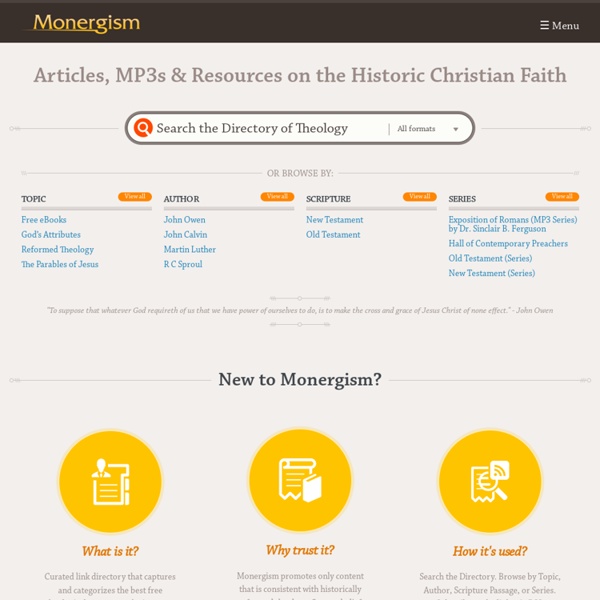



Some Thoughts on Dispensationalism from a Class on Dispensationalism Today we finished a 15-week course on Dispensationalism at The Master’s Seminary. This was a Th.M. course with a roundtable-discussion format (actually our table was rectangular but you get the idea). The students and I worked through several books both pro and con about Dispensationalism. I do not want to speak for everyone in the class but I want to offer some general observations about how the class viewed Dispensationalism. Dispensationalism has undergone significant developments throughout the years but Dispensationalism has a core set of beliefs that have remained stable, namely: (1) historical-grammatical hermeneutics should be applied to all aspects of Scripture including both testaments; (2) the NT does not reinterpret the OT; (3) OT promises and covenants that have not been fulfilled yet must be literally fulfilled in the future; and (4) there will be both a salvation and restoration of the nation Israel in the future.
The Nut LA A Comparison of Three Systems undefined Dispensationalism - Covenant Theology - New Covenant Theology by Donald Hochner There are three main systems of interpreting Scriptures that are the most prevalant in the Christian Church today: Dispensationalism, Covenant Theology and New Covenant Theology. [DISP] May be Arminian or modified Calvinist. *There is an unfortunate tendancy to translated the word "ecclesia" with the word church, when it can very well be translated "assembly", which would make more sense in the OT version of it. [NCT] Same as Dispensationalism. *We think some of the old Dispensationalists did believe in a Covenant of Redemption within the Trinity, but we are not sure and I don't know about the new modified Dispensationalists. [CT] The eternal Covenant of Redemption was within the Trinity to effect election. *I don't know if I would agree with that, and this may be a caricature on my part, as I'm not 100% sure about this. [CT] No man has ever been saved by works, but only by grace. Back to Home Page
alicexz (Alice X. Zhang) on deviantART Lewis Sperry Chafer Legacy Program | Dallas Theological Seminary (DTS) You are at: Planned Giving Welcome! We are pleased that you have interest in learning about the many benefits of gift plans. If you have any questions about the best way for you to benefit through a planned gift, please call. A member of our Planned Giving Team will be very pleased to help you. The Online Wills Planner is designed to help you gather the information your attorney will need to plan for your future. Are you looking for a secure source of fixed income for now or your future? Learn how others have made an impact through their acts of giving to DTS and others. When a Donor Advised Fund is established, you can make a gift, receive a current income tax deduction, and spread your charitable giving over time and organizations.This is a great way to make your year-end gifts and receive a charitable tax deduction for this year.Plan Now Personal Planner Joe and June started Children's Clothing Company 30 years ago. Washington News Donor Story Many years ago, Clara Lehman bought a home.
Muppets/ Doctor Who MashUp print by lisaleems What is Dispensationalism? *Dispensationalism: Essential Beliefs and Common Myths now available in store Introduction Since the mid-1800s, the system of theology known as dispensationalism has exerted great influence on how many Christians view the doctrines of ecclesiology and eschatology. In this article, we will survey the history of dispensationalism and look at the key beliefs associated with the system. History of Dispensationalism Theologians continue to argue over the origin of dispensationalism. 1. 2. 3. 4. 5. 6. Foundational Features of Dispensationalism 4 1. 2. 3. 4. 5. 6. Other significant, although not necessarily exclusive features of dispensationalism, include: (1) the authority of Scripture; (2) belief in dispensations; (3) emphasis on Bible prophecy; (4) futuristic premillennialism; (5) pretribulationism; and (6) a view of imminency that sees Christ's return as an "any-moment" possibility. Variations Within Dispensationalism 1. Key theologians : John Nelson Darby, C. 2. 3. Key theologians : Craig A.
Handmade by Michelle: Dear Santa - Christmas at ABNH week 3 Phew! Christmas is really creeping up - only 5 weeks to go! Week 3 of A Blog Named Hero's Christmas event is all about decor. I don't really make papercrafted decor items for around the house, except for at Christmastime! I decided to go all out and make something I've never tried before - a Kusudama ball. Kusudama flowers are origami flowers made by folding a square of paper for each petal. I started out by using patterned paper from Lawn Fawn and American Crafts - Amy Tangerine. The petals all start out as a square of paper: They get folded into petals, then 5 petals are glued together: (you can find a photo tutorial on folding the petals HERE) 12 flowers all folded and ready to assemble - I was a bit worried about glueing them all together, but that bit turned out to be really easy!